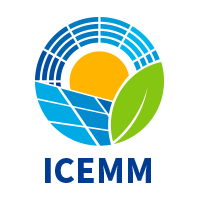
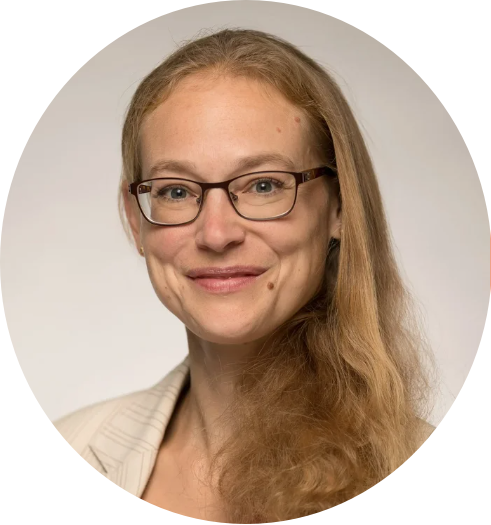
Prof. Ulrike Gayh
SRH University, Germany
Biography:
Ulrike Gayh is Professor for environmental and process engineering and is the dean of the Master´s Program Water Technology (M.Eng.) at the School of Engineering and Architecture of the SRH University Heidelberg. She conducts international research activities in the field of water technology solutions for the prevention and reduction of local and regional water conflicts. Together with the SRH´s Serbian partner university, the University of Novi Sad, she established the Democratia-Aqua-Technica initiative, which deals with the question of concepts of innovative technical solutions for sustainable water resource management. Her further research interests are in the fields of biogas, wastewater management and water protectio, whereby the focus is mainly on alternative sanitation systems and the removal of micropollutants by alternative adsorbents.
Speech Title: Innovative Approaches to Water Quality Monitoring: Integrating Technology, Community Engagement, and Data Science
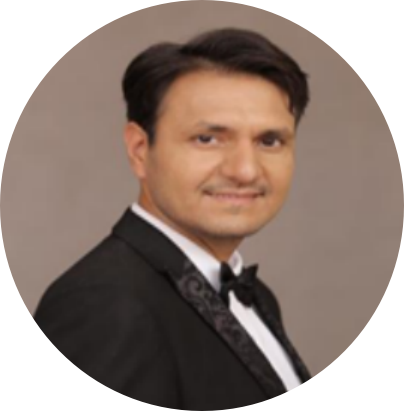
Prof. Syed Abdul Rehman Khan
Xuzhou University of Technology, China
Biography:
Prof. Syed Abdul Rehman Khan is an expert of Supply Chain and Logistics Management. Dr Khan achieved his CSCP—Certified Supply Chain Professional certificate from the U.S.A. and completed his postdoctoral fellowship from Tsinghua University. Dr. Khan is a Professor of Supply Chain Management. He has attended several international conferences and also has been invited as a keynote speaker in different countries. He has published more than 150+ scientific research papers in different well-renowned international peer-reviewed journals (SSCI/SCI and ABS listed) and conferences. Dr. Khan is author and editor of several books related to the circular economy, sustainability in supply chain and waste management. He is a regular contributor to conferences and workshops around the world.
Speech Title: Leveraging Cutting-Edge Technologies to Drive Significant Advancements in Environmental Sustainability
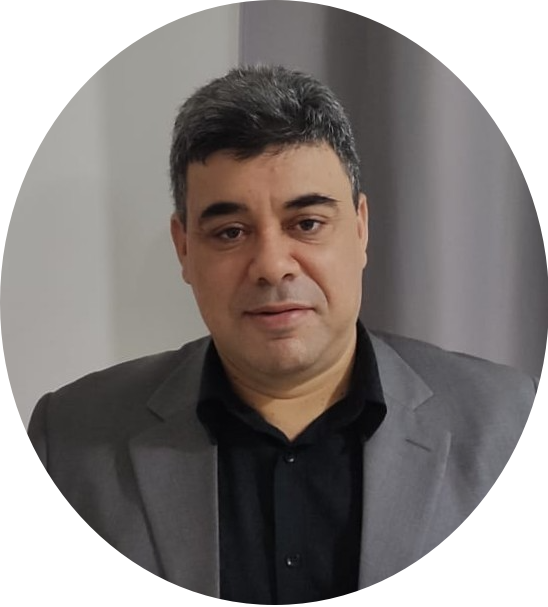
Prof. Mohammed JK Bashir
Central Queensland University, Australia
Biography:
Dr. Bashir specializes in sustainability and environmental engineering, currently stationed at the School of Engineering and Green Technology, Central Queensland University, Melbourne, Australia. Recognized as one of the world's top 2% scientists by Stanford University in 2023, he brings a wealth of expertise to his role. Prior to joining CQU, he held positions as a professor and head of the Environmental Engineering Department at Universiti Tunku Abdul Rahman (UTAR).
His research interests encompass a broad spectrum, including sustainable environments, resource recovery, circular economies, water and wastewater treatment technologies, and waste re-utilization. Dr. Bashir is deeply involved in research and international collaboration, having served as a visiting professor at the University of Indonesia in 2021 and Hong Kong Baptist University in 2022. Additionally, he contributes as an external expert at the National Centre of Scientific and Technical Evaluation (NCSTE) in Kazakhstan.
With over 250 publications in renowned high-impact factor journals such as Bioresource Technology, Journal of Cleaner Production, and Waste Management, among others, Dr. Bashir has made significant contributions to his field. Presently, his h-index stands at 47, with a total citation count exceeding 7300. His remarkable achievements have garnered more than 20 awards, including recognition for his Ph.D. research and teaching excellence at UTAR. Currently, Dr. Bashir serves on the editorial boards of several prestigious journals, including Environmental Research, Water, environmental technology, and water science and technology.
Speech Title: Recent Advances in the Determination and Treatment of Emerging Contaminants in Water Systems
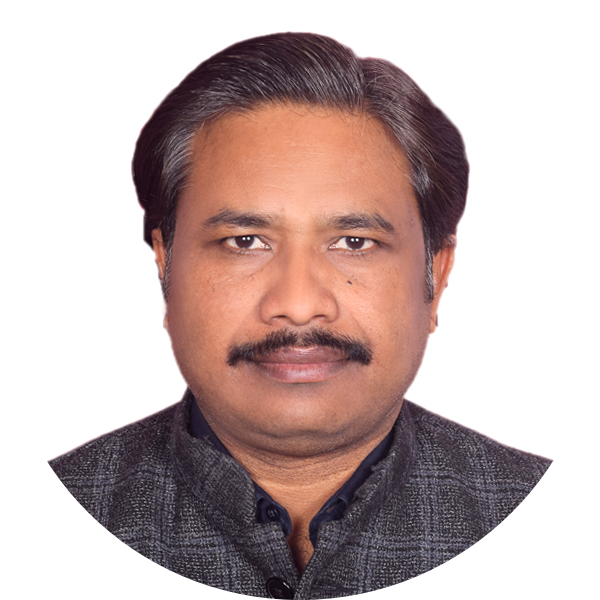
Assist. Prof. Rajesh Kumar Sharma
Banaras Hindu University, India
Biography:
Rajesh Kumar Sharma received his Master degree in Science (Botany) and Doctoral degree in Botany from Banaras Hindu University, India in 2002 and 2007, respectively. After 8 years of his service as a senior scientist to G B Pant National Institute of Himalayan Environment, he joined Department of Botany, Banaras Hindu University as an Assistant Professor in 2015. He has 70 research papers in international journals along with 30 books chapters and general articles to his credit. He has also scored a cumulative impact factors of 150, citations 7800 and h-index 26 for his credited publications. He has completed several research projects funded by various national agencies and has successfully guided 2 Post Doctoral, 5 PhD scholars and more 40 master dissertations in the field of ecology and environment. He has also been honored with SERB Young Scientist award 2012, Linnean Society Fellow award 2023 and ESDA Senior Scientist award 2024. He has delivered more than 40 talks in scientific conferences and gatherings held in India and USA, Germany, Italy and Japan. Currently, he is serving international reputed journals such Scientific Reports, Vegetos as an editorial board member as well as scientific committee member of international conferences. His current research focuses on (i) monitoring of environmental pollutants and associated health risk, and (ii) utilization of biological organisms/materials for “management of polluted soil” for peri-urban environment sustainability and food safety.
Speech Title: Dealing with peri-urban environmental challenges: thinking practical solutions for sustainability